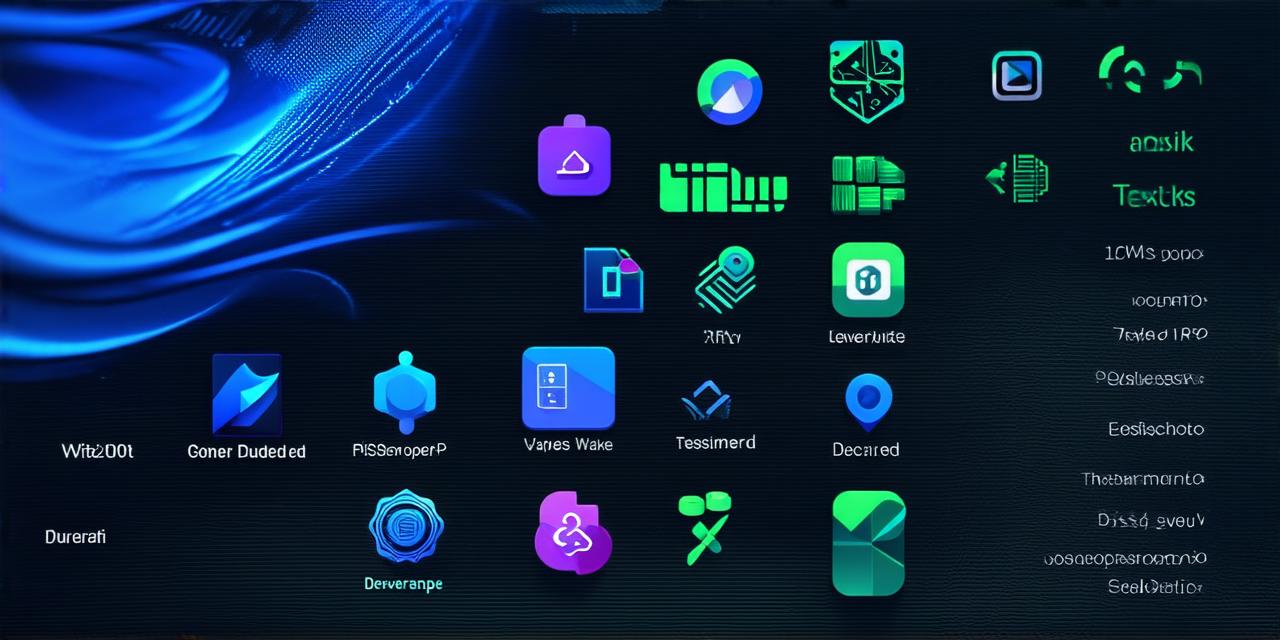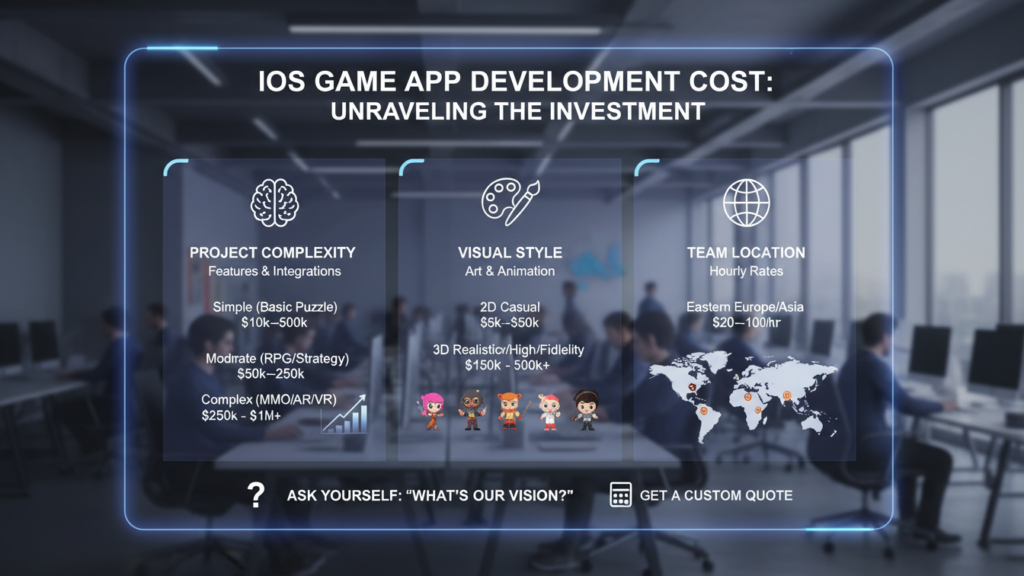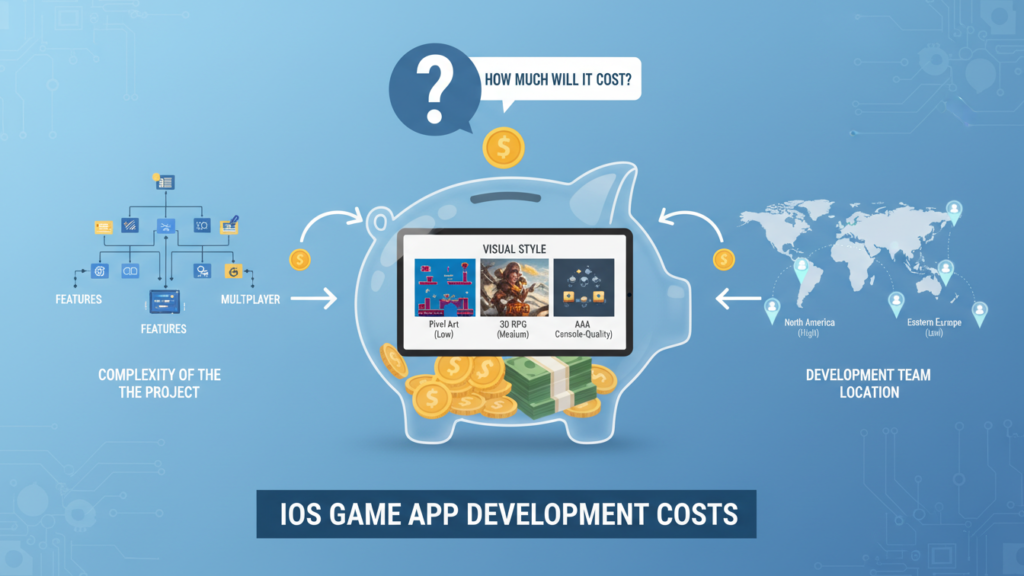Introduction:
In today’s digital world, mobile applications have become an essential part of our lives. From social media platforms to fitness trackers, gaming apps to shopping carts, there is no industry that has not been transformed by the power of mobile technology.
Key Responsibilities of Mobile App Developers:
-
Mobile app developers are responsible for planning and designing the apps they develop. This includes creating wireframes and prototypes to ensure that the final product meets the needs of the end-users.
-
Developing the app’s codebase is another critical responsibility for mobile app developers. This involves writing clean, efficient, and maintainable code that adheres to best practices in software development. They must also ensure that the app is optimized for performance on different devices and operating systems.
-
Testing is a crucial phase of the app development process. Mobile app developers are responsible for testing their apps on different devices, platforms, and configurations to ensure that they work as intended and meet the end-users’ expectations. They must also identify and fix any bugs or issues that arise during the testing process.
-
Once an app is released, mobile app developers are responsible for maintaining and updating it. This includes monitoring user feedback, fixing bugs and improving performance, adding new features, and keeping up with evolving technologies.
Challenges Faced by Mobile App Developers:
-
Developing a mobile app is a complex process that requires expertise in multiple areas, including software engineering, user experience design, and project management. Mobile app developers must have a deep understanding of these different areas to create apps that meet the end-users’ needs.
-
Mobile technology is constantly evolving, with new devices, operating systems, and programming languages being released on a regular basis. Mobile app developers must keep up with these changes to ensure that their apps are compatible with the latest technologies.
-
Managing their resources effectively to ensure that their projects are completed on time and within budget.
Case Study: Uber

Uber is a prime example of a mobile app that has disrupted an entire industry. The company’s success can be attributed to its innovative approach to app development, which included a focus on user experience, scalability, and performance. Uber’s mobile app allowed riders to easily hail cabs, track their drivers in real-time, and pay for their rides using a secure payment system. The company’s success also highlighted the importance of marketing and branding in the app development process, as Uber’s app became synonymous with convenience and reliability.
Real-life Example: Instagram
Instagram is another example of a mobile app that has revolutionized an industry. The app allows users to share photos and videos, follow other users, and apply filters and effects to their content. Instagram’s success can be attributed to its user-friendly interface, engaging features, and powerful analytics capabilities. The app’s popularity also highlights the importance of social media in today’s digital world, as more and more people turn to mobile apps to stay connected with each other.
FAQs:
Q: What are some common challenges faced by mobile app developers?
Mobile app development is a complex process that requires expertise in multiple areas. Mobile app developers must have a deep understanding of these different areas to create apps that meet the end-users’ needs.



